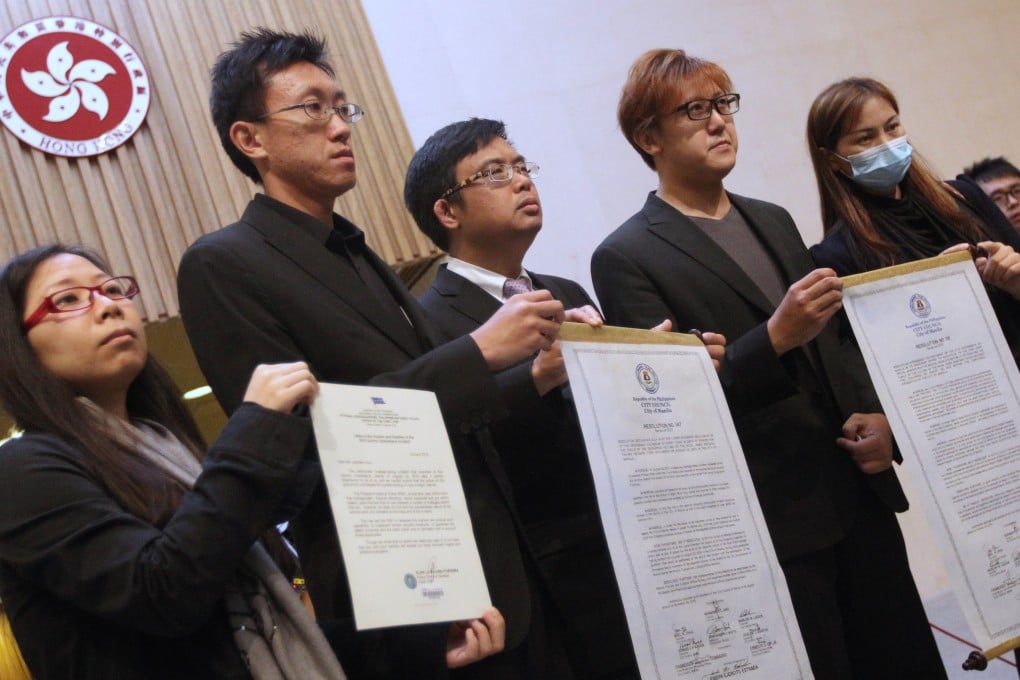Manila deal can inform the debate on political reform
Resolution of hostage tragedy row reminds us of importance of compromise as we discuss 2017

It is encouraging to see a deal made between the Philippine government and the victims' families to end a 32-month stand-off over the Manila hostage tragedy, which claimed the lives of eight Hongkongers in 2010.
I am sure it is a relief for the families, who can now put the tragedy behind them and move on. It is also the most appropriate way to remember the dead. The Philippine government did fall short of a full apology, but it was a compromise made to move forward.
The incident provides some insight for Hongkongers on resolving the issue of arrangements for the 2017 election. The ideas of public nomination of chief executive candidates and of strict "screening" to try to eliminate some candidates will both go nowhere. Any such proposal would be unlikely to secure the support of a two-thirds majority of Legislative Council members.
Standing up for principles is indeed courageous, especially when facing different kinds of pressure. However, making a compromise also needs courage and wisdom. There is nothing to be gained by upholding principles if no real progress on universal suffrage can be made.
Screening out some candidates by imposing an unreasonable threshold on the election committee would not add any credibility to the "universal suffrage election". The outcome of this sort of election would not improve the legitimacy of the government by helping provide the public acceptance and trust that are in such short supply for the present administration.
As the central government has pledged to have universal suffrage for Hong Kong by 2017, then let us to have a meaningful election which is law-abiding, free and open. Any measure trying to bypass the election committee is bound to fail and go nowhere.